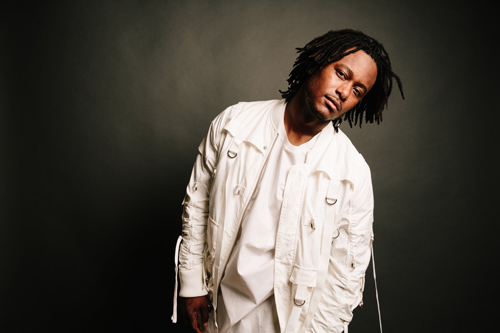CCM: What were some of the most influential books you read on that concept?
KB: There’s a book called The Very Good Gospel by Lisa Sharon Harper, where she essentially takes the idea of the gospel, and she bases in scripture, as opposed to how a lot of what we get these days through memes and online clips. We’re so entrenched in pop-theology and pop-Christianity, to the point where when people start talking about what the Bible actually has to say about what the gospel really is, it begins to sound weird and foreign.
What Harper does is root the gospel in this idea of shalom—that God has a vision to apply His Good News to all of life. How can a slave in the Trans-Atlantic Slave Trade experience the Good News of the gospel when all they’re exposed to is the abuse of the gospel? How can the gospel speak to those who have been misplaced? The marginalized? How can the gospel speak to those who don’t see its relevance, because it’s been mainly painted to them in a way that seems irrelevant?
That’s a good book that’s really helped to shape my thinking in this area.

photo: Mary Caroline Russel
CCM: Would you say that was the primary source of inspiration for the album, or were there also others?
KB: I can answer that from a few different angles. Bottom line is: I love to read about people who were able to experience freedom under chaos, like people that you see on my album cover: Dr. Martin Luther King, Jr., Frederick Douglas, Charles Spurgeon. I also have modern influences, like my pastor down in Tampa, who’s a father to me and my mentor. That’s a big concept for him—freedom. Freedom from sin and freedom to live as courageous, as bold, and as impactful as God would allow you to be. To not become a product of your environment.
CLICK “3” TO ADVANCE


Leave a Reply
You must be logged in to post a comment.